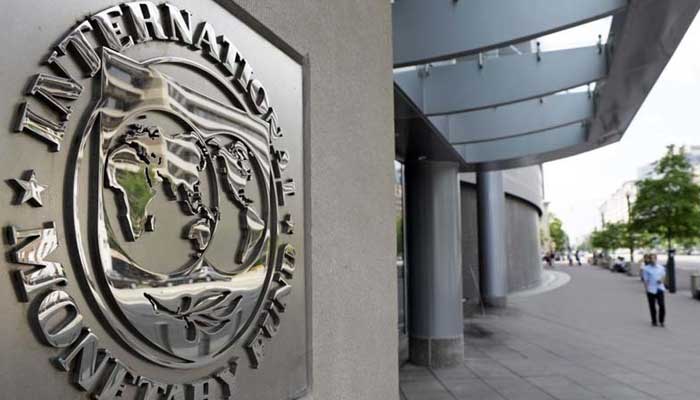IMF ‘not consulted’ on petrol subsidy
"Fund staff are seeking greater details on scheme," IMF resident representative for Pakistan says
International Monetary Fund's (IMF) Resident Representative for Pakistan Esther Perez Ruiz said the global lender was not consulted by Islamabad before it planned to increase fuel costs for wealthier drivers in order to pay for a subsidy for the country's lower-income population, Bloomberg reported on Tuesday.
“Fund staff are seeking greater details on the scheme in terms of its operation, cost, targeting, protections against fraud and abuse, and offsetting measures, and will carefully discuss these elements with the authorities,” Ruiz said.
The IMF also said that Pakistan has progressed substantially towards meeting its policy commitments, required by the cash-strapped nation to gain access to the loans worth billions in its bid to evade a default.
Islamabad has taken difficult decisions to restart a $6.5 billion IMF loan deal. The tough measures include increase in energy prices and taxes, and allowing rupee to weaken. The funds received from the Washington-based lender will provide the country's dwindling economy some relief, which continues to reel from the catastrophic flooding affected one-third of its region. The loan will also help Pakistan recover from an economic crisis as general elections approach this year.
“A staff-level agreement will follow once the few remaining points are closed,” the IMF’s resident representative for Pakistan said.
She added: "Ensuring there is sufficient financing to support the authorities in the implementation of their policy agenda is the paramount priority.”
According to Finance Minister Ishaq Dar, the IMF — before signing the bail out package — sought to see that Pakistan's friendly countries concluded the commitments made to help bolster its finances.
By June, Pakistan must pay back about $3 billion in debt, and another $4 billion is anticipated to be carried over.
-
Bitwise Crypto Industry innovators ETF: What investors should do in 2026?
-
Nintendo shares slide again as momentum fears grow
-
Gold, silver prices fallen sharply; What’s driving the drop?
-
Gold’s record climb: Experts question if its safety is ‘overstated’
-
Dubai unveils plans to construct street built with real gold
-
Netflix slams Paramount’s bid: 'Doesn't pass sniff test’ as Warner battle escalates
-
Ubisoft: Shares plunge amid restructuring plan and wave of games cancellations
-
Netflix revises Warner Bros. deal to $83 billion: All-cash offer












